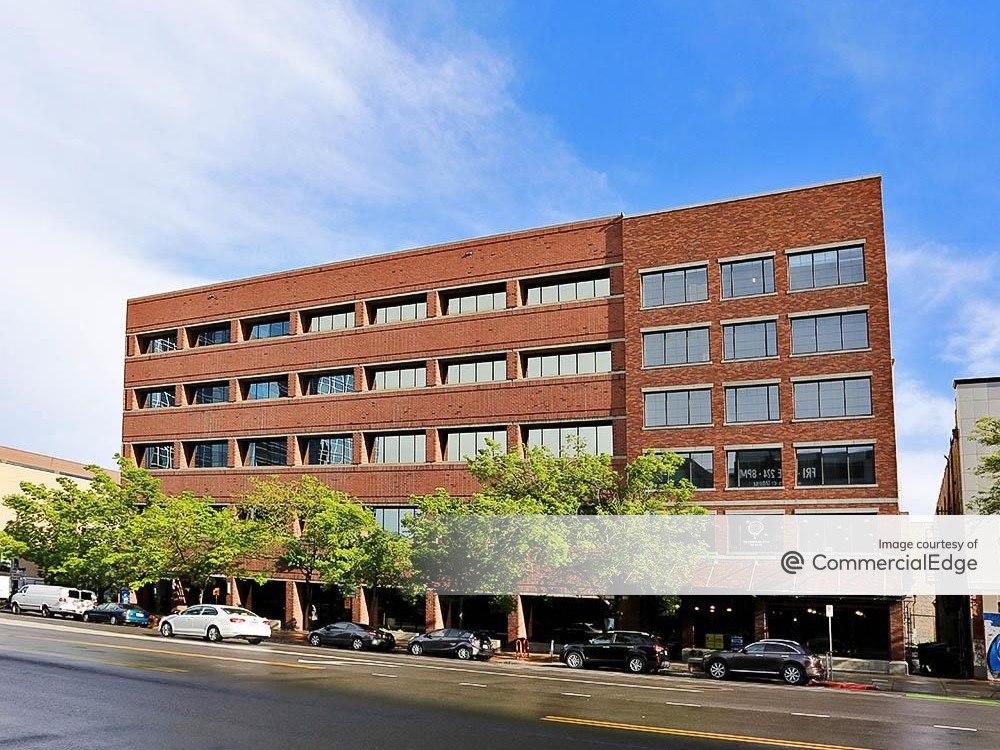Economy Watch: Millennial Impact on Urban Markets Could Fade Soon
Professor Dowell Myers of the University of Southern California argues that U.S. cities reached "peak Millennial" status in 2015.
By Dees Stribling, Contributing Editor
Will the influence of the Millennial generation, which has had an outsized impact on cities—and on urban multifamily developments in particular—start to wane in the coming years? That’s a distinct possibility, according to a paper published by Dowell Myers, University of Southern California professor of demography and urban planning. He says that U.S. cities reached “peak Millennial” status in 2015.
The rise and fall of the Millennial generation congregating in central cities is a product of unusual circumstance, Myers said. Namely, their lives meeting (or rather, crashing into) a unique historical context set in place by the recession beginning nearly 10 years ago. Circumstances conspired before 2010 to maximize Millennial presence in core urban markets, and they will do so again by 2020 to reduce the generation’s presence.
(For more on the Millennials’ impact on urban cities and insight from Dowell Myers see our in-depth analysis in the CPE-MHN Mid-Year 2016 issue.)
For one thing, the peak Millennial birth cohort passed age 25 in 2015, with smaller cohorts to follow. One of the reasons the Millennials have had so much impact in recent years has been the generation’s sheer size. As young adults, their decisions have had collective weight, and so they’ve buttressed the growth of apartments in urban locations. The generation behind them won’t have quite the same impact.
Another factor is the housing life cycle followed by young adults: leaving their parents’ home and for apartments in their 20s, followed by homeownership in their 30s or 40s. Myers posited that the pattern hasn’t fundamentally changed.
“The Millennials are currently poised at the threshold of housing independence, many residing with their parents in the suburbs and others in central neighborhoods of urban areas,” the paper said. “In the next five years, when the larger cohorts of Millennials have moved into their 30s, and given continued recovery in the housing market, their residence will likely progress to a different stage, and likely in different neighborhoods.”
Also, the Great Recession came when Millennials sought entry-level positions, slowing the normal housing cycle. Now that economic growth has resumed, the previously stalled progress through the life cycle will at least partially resume. “The economic recovery will also accelerate renewed progress through the housing life cycle as well,” the paper explained.








You must be logged in to post a comment.